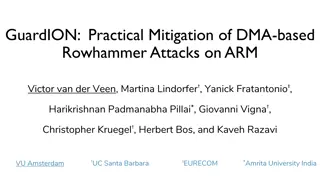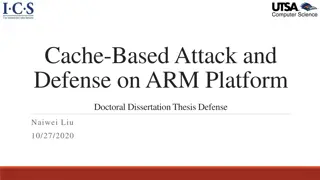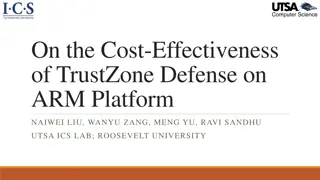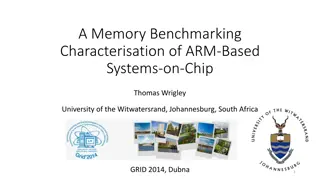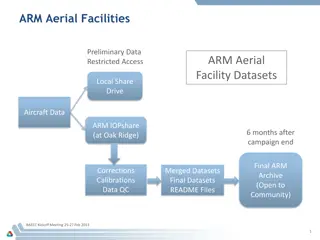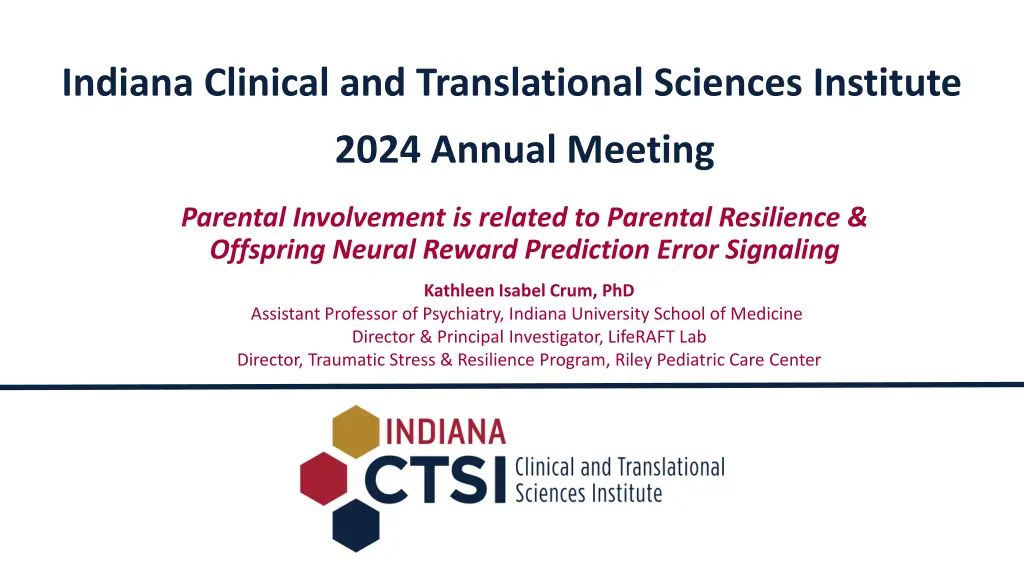
Parental Involvement and Offspring Brain Development Study
This study explores the relationship between parental behaviors, resilience, and child brain function, focusing on how parental involvement influences offspring's neural reward prediction error signaling. The findings suggest that interventions to enhance parental resilience could reduce the risk of psychopathology in children by improving parental involvement and neural reward learning sensitivity. Further research is planned to examine these associations in more detail.
Download Presentation

Please find below an Image/Link to download the presentation.
The content on the website is provided AS IS for your information and personal use only. It may not be sold, licensed, or shared on other websites without obtaining consent from the author. If you encounter any issues during the download, it is possible that the publisher has removed the file from their server.
You are allowed to download the files provided on this website for personal or commercial use, subject to the condition that they are used lawfully. All files are the property of their respective owners.
The content on the website is provided AS IS for your information and personal use only. It may not be sold, licensed, or shared on other websites without obtaining consent from the author.
E N D
Presentation Transcript
Indiana Clinical and Translational Sciences Institute 2024 Annual Meeting Parental Involvement is related to Parental Resilience & Offspring Neural Reward Prediction Error Signaling Kathleen Isabel Crum, PhD Assistant Professor of Psychiatry, Indiana University School of Medicine Director & Principal Investigator, LifeRAFT Lab Director, Traumatic Stress & Resilience Program, Riley Pediatric Care Center
Findings We examine relationships between parenting behaviors, parental resilience, and child brain function. In particular, child brain dysfunction during reward learning is an important transdiagnostic marker of psychopathology. We found that parental resilience is associated with increased parental involvement. In turn, parental involvement is associated with greater offspring neural RPE representation within bilateral striatum. The latter finding suggests greater reward learning following feedback. Interventions designed to increase parental resiliency may be helpful for reducing risk for psychopathology in their children, perhaps by increasing parental involvement and neural reward learning sensitivity in children. IMPROVING HEALTH THROUGH RESEARCH indianactsi.org
Methods This study recruited 26 youth ages 10-14 and one of their biological parents. Children did the Novelty task during MRI scanning. The task is designed to elicit response to rewards and can also be used to approximate how much exposure to rewards influences future decisions. Reward prediction error during the Novelty task was calculated based on a reinforcement model. We then conducted region-of-interest analyses to examine associations between parental involvement and brain function in areas that have been implicated in reward learning, such as the striatum and ventromedial prefrontal cortex. We found significant positive associations between parental involvement and parental resilience. We also found significant positive associations between parental involvement and children s neural reward response within anterior putamen and nucleus accumbens. IMPROVING HEALTH THROUGH RESEARCH indianactsi.org
Implications and next steps While these findings are preliminary, they suggest that parental factors may impact brain development underlying psychopathology in their children, and consequently, influence their children s risk for psychopathology. Our next steps are to collect additional fMRI data, and then examine relationships of interest with a formal meditation model. Pending replication in larger samples, findings may inform intervention efforts. Our findings suggest that (1) intervening with parent mental health presents a pathway to improving child outcomes, and (2) identification of parent risk factors may identify children in need of targeted interventions. IMPROVING HEALTH THROUGH RESEARCH indianactsi.org
Grant Acknowledgement This project was funded with support from the Indiana Clinical and Translational Sciences Institute which is funded in part by Award Number UM1TR004402 from the National Institutes of Health, National Center for Advancing Translational Sciences, Clinical and Translational Sciences Award. The content is solely the responsibility of the authors and does not necessarily represent the official views of the National Institutes of Health. IMPROVING HEALTH THROUGH RESEARCH indianactsi.org



